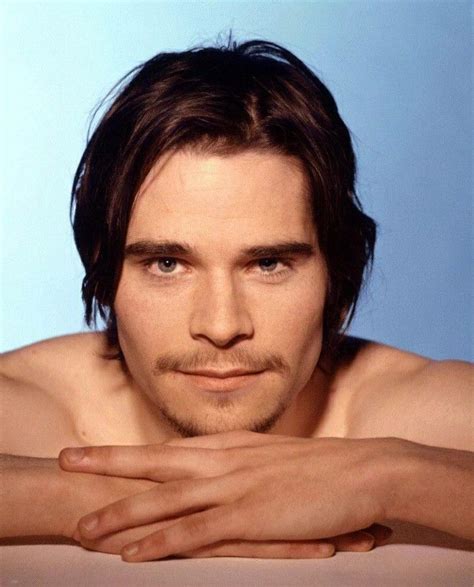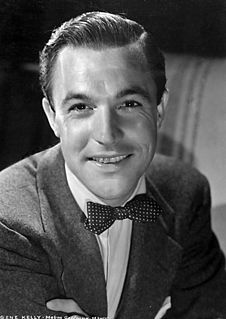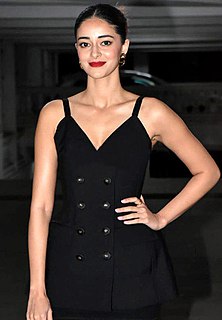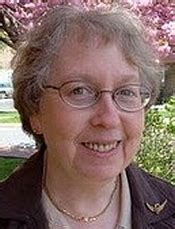A Quote by Chitra Banerjee Divakaruni
After the fire, when I'd tried to express my gratitude for their kindness to our customers, they'd been awkward, uncomfortable. My father had had to explain to me that giving thanks is not a common practice in India. 'Then how do you know if people appreciated what you did?' I'd asked. 'Do you really need to know?' my father had asked back.
Related Quotes
How could it be that I had a legal obligation to kill people I did not know, and who did certainly not consent to it, while my father's doctor could not help my father to die when my farther asked for it? My consternation brought me to moral philosophy and a life-long search for an answer to the question when and why we should, and when we shouldn't, kill.
When I auditioned for drama college, they asked me to do my Shakespeare. I couldn't do it. They asked me to do my modern, and I couldn't do it. They asked me if I had a song prepared, and I said 'No,' so I sang 'Happy Birthday.' And I did a reasonable improvisation, a reasonable one, nothing special at all. I don't know how I got in, but I did.
I had been asked to open a nightclub in Atlantic City. They offered me a ridiculous amount of money. They literally overpaid me. So I did one show a night. Then they asked me back by popular demand. So I went back. Then I said, "To hell with this." I was only doing it for the money, and I was doing easy routines. It's just too much work to get up every day and practice.
I remember when 'Aladdin' had come to India, there were a bunch of people who auditioned. We had to record a video, which I did on my phone. I had worn this red outfit and had to read the dialogues for Jasmine. The scene went really well, but then they also asked us to sing and I can't sing to even save my life. So I really got rejected.
J.P. Morgan, then past 70, was asked by the son of an eminent father why he [Morgan] didn't retire. When did your father retire? asked Mr. Morgan, without looking up from his desk. In 1902. When did he die? Oh, at the end of 1904. Huh! snapped Mr. Morgan, If he had kept on working he would have been alive still. Work is God's best medicine. It is God's medicine for man.
What a grin he had, what ferocious eyes, what a creature he was. He had dreamt himself an entire life and death. Ronan said, "I want to go back." "Then take it," said his father. "You know how now." And Ronan did. Because Niall Lynch was a forest fire, a rising sea, a car crash, a closing curtain, a blistering symphony, a catalyst with planets inside him. And he had given all of that to his middle son.
Even when I became cognizant of this societal problem in this country, I asked my father and my mother if they knew anything that had been passed on to them, about slavery, and my father was very reticent about it. He often said, "No, I don't know anything about it, and it was bad, it was awful and it's over and we want to get on with our lives."
The idea that the Lord our God is not a personage of tabernacle is entirely a mistaken notion. He was once a man. Brother Kimball quoted a saying of Joseph the Prophet, that he would not worship a God who had not a Father; and I do not know that he would if be had not a mother; the one would be as absurd as the other. If he had a Father, he was made in his likeness. And if he is our Father we are made after his image and likeness.
...when I came back, I found Mom sobbing at the kitchen table...Then I asked her what had happened. 'Nothing,'she said. 'I was thinking about that man...I started thinking about...if he and his wife and their other child are okay, and I don't know. It just got to me.' 'I know,' I said, because I did know. Sometimes it's safer to cry about people you don't know than to think about people you really love.
A grateful heart, then, comes through expressing gratitude to our Heavenly Father for His blessings and to those around us for all that they bring into our lives. This requires conscious effort-at least until we have truly learned and cultivated an attitude of gratitude. Often we feel grateful and intend to express our thanks but forget to do so or just don't get around to it. Someone has said that "feeling gratitude and not expressing it is like wrapping a present and not giving it."


































